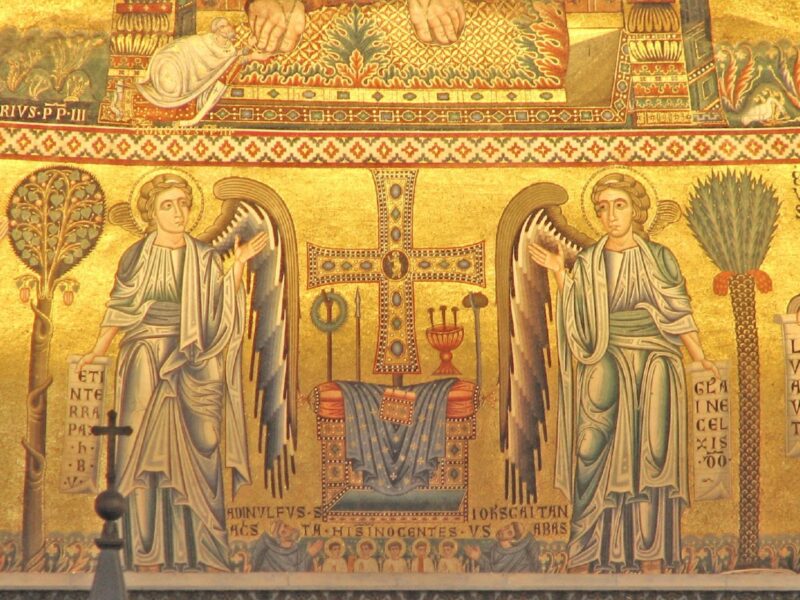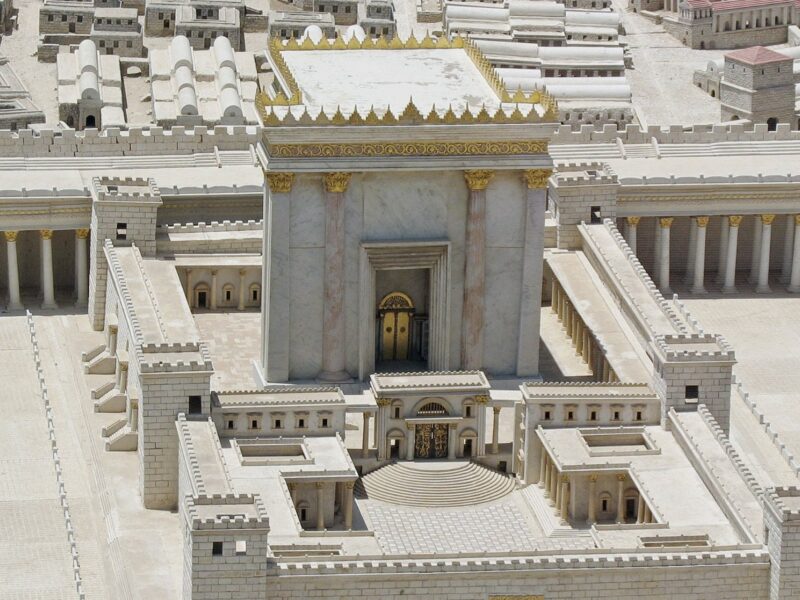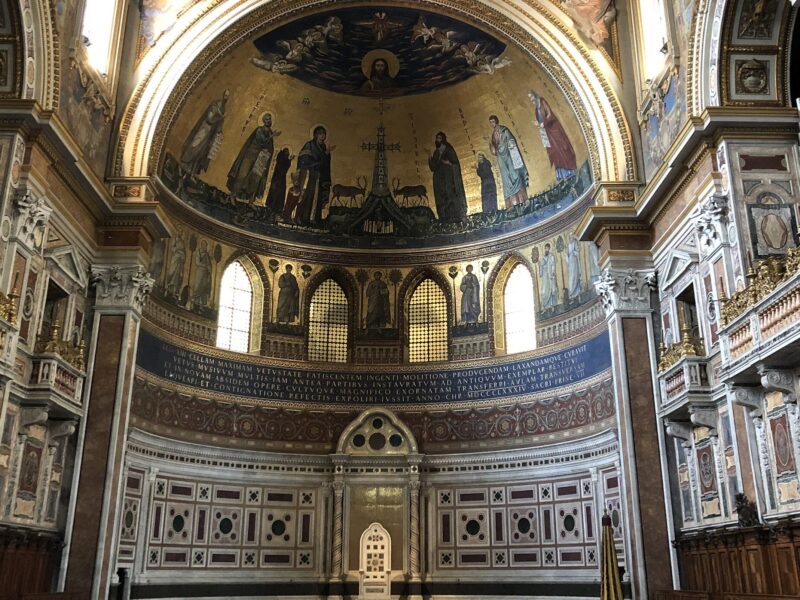
To Die that We May Truly Live
Fifth Sunday of Easter. Fr Richard Ounsworth helps us to see how the death of Christ transforms death itself.
Someone once told me that the purpose of a sermon is to comfort the afflicted and afflict the comfortable. Clever words, but I’m not convinced that it’s my job to decide who I think deserves to be afflicted; I’m fairly sure we all need words of comfort, of consolation, from time to time.
And it doesn’t take much searching to find in the scriptures words so terrifying that if we do not feel in need of a word of consolation afterwards, it can only be because we haven’t been paying attention. For example, in today’s second reading St Paul and Barnabas tell us that the way to the Kingdom of God lies through many afflictions – reminiscent of course of Jesus’s remarks to his disciples that they should strive to enter through the narrow door (Luke 13.24, cf. Matthew 7.13).
In today’s gospel passage there is even worse news: ‘As I said to the Jews, so now I say to you: where I am going you cannot come.’ The door is not just narrow: it is shut.
This passage is part of Jesus’s words to his disciples at the last supper, as he prepares them to understand the meaning of his death. Of itself, death is meaningless – in fact, it is worse than meaningless, it is something that threatens to make everything meaningless. Our whole lives are overshadowed by the tragedy that they will one day come to nothing, just as the earth, even perhaps the universe itself, will one day be reduced to nothing.
Yet Jesus is so insistent that his own death does have meaning, insistent in the face of his friends’ quite understandable incomprehension. His death is his glorification, the manifestation of his perfect unity with the Father, the Creator and King of the universe. And at the same time his death is an act of service, an act indeed of that perfect service and self-giving that we call love.
This love which gives Christ’s death its meaning – and which gives his whole life its meaning too – is the new commandment given to us today. It is new because Jesus’s death changes something, and the Resurrection we are celebrating during this Easter season is the demonstration of that change. Death has a new meaning now not only for Jesus but for us, and life too can have a new meaning for us, if we allow it to be shaped by this new commandment. ‘Behold, I make all things new’, says Christ from his heavenly throne in our reading from the Apocalypse.
Life and death, our lives and our deaths are given new meaning by Jesus. The new meaning of our death is that it is no longer the barred door between us and the Kingdom of God. Through his death, Jesus Christ has kicked that door down, opening for us a new way into the presence of God. Death is no longer the annihilation, the loss of all meaning, the ultimate futility that overshadows our lives with pointlessness. Instead it is the glorious culmination of our lives.
Or at least, it can be. It can be because, as a result of Jesus’s death and resurrection, it is no longer true that where he has gone we cannot follow. The way lies open, but still we must follow, marking with our own feet the prints that he has laid down for us.
In other words, we must walk the way of love, loving one another as Jesus loved us, and still loves us, pouring out his life for us now in the food which is his body and the chalice of his blood. This life of love that he calls us to lead is indeed a glorious life and a joyful one, but it is still a life overshadowed by death. Only, this is not the death of self and the death of meaning but the death of sin, as we allow Christ to strip away from us everything that is not of love: anger, pride, selfishness, fear… these we must allow to die every day, so that we may truly live, and follow Christ along the path of glory through the open door into the life of God.


